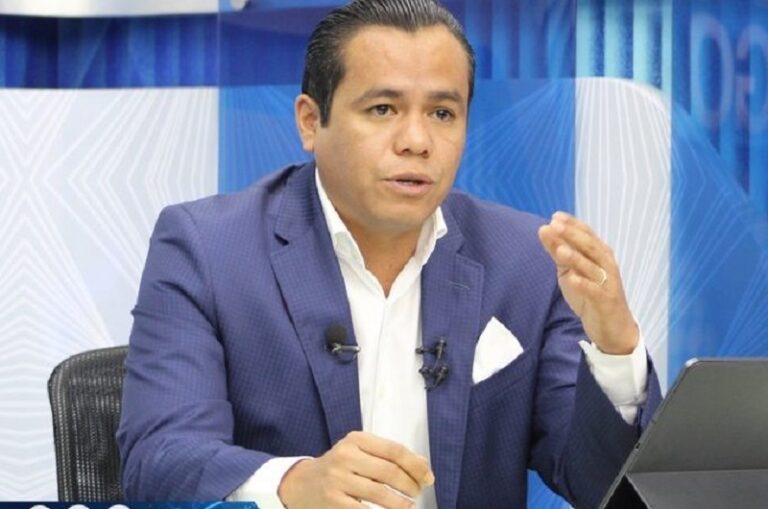The Minister of Finance, Alejandro Zelaya, estimated that the initiative presented by the government to the Legislative Assembly will represent savings of 250 million dollars, while opponents point out that the president’s projects have marked electoral interest.
While the presidential message of June 1 for the first four years in government is still fresh, waters threaten to become rough, something that will be seen when the bills to reduce the municipalities and deputies enter the agenda of the plenary session on Tuesday’s Assembly where they must be approved before next year’s elections.
The bills to reorganize the political-administrative division of El Salvador, from 262 municipalities to 44, and to reduce the number of councils presented by Bukele from 84 to 60 anticipate strong confrontations although, due to the dominance of the Nuevas Ideas party in the Legislature, they should move smoothly.
Critics such as that of the San Salvador councilor for the Nuestro Tiempo party, Héctor Silva, ask if costs will actually be reduced, since the president clarified that the offices of the municipalities will not be abolished.
Silva pointed out the presence of “contradictory discourses” between cost savings and mayoralties that will not disappear. “We would have to see how real the cost reduction the president is talking about is,” he said.
According to the procedures, both bills will formally enter as pieces of correspondence on the agenda of next Tuesday’s plenary session, then it will be determined if the full legislature will vote that day, with a waiver of processing, or if it will go to study, possibly from the municipal affairs commission or electoral reforms, respectively.
The president’s order to his followers in the Assembly was categorical, both bills must be approved and implemented before the 2024 general elections.
Presumably, the reduction of municipalities has broad support, although some political groups point out they should be approved through a popular consultation before egislators pronounce themselves.
In the case of the reduction of deputies, the president argued that the idea is to resume the number of legislators that existed before the Peace Accords of 1992, something that his adversaries oppose when considering that everything is part of strengthening the majority of the ruling party seeking to perpetuate itself in power.
ef/jha/lb









